Young men guard their barricades in the Casa Branca neighbourhood on the outskirts of Mozambique’s capital, Maputo.
They block off our van and one of them flashes a knife as we get down and try to convince them to speak to us. It is a state of frustration, rage and hyper-defence.
The escalating civil unrest began in October, after an election overshadowed by allegations of rigging against Mozambique‘s ruling party, Frelimo, who were declared winners.
With the inauguration of Frelimo’s presidential candidate Daniel Chapo now just a day away, tensions in the capital are running high – and the number of deaths due to the police crackdown on the protests has now topped 300.
As we talk to the men in Casa Branca, balaclava-wearing police officers in armoured vehicles and pick-up trucks close in. Live shots ring out and tear gas is directed at our small gathering.
We take cover as the young men run into their neighbourhood.
We come back to speak to them after calm returns. Trust has been built in the short moments of chaos and more people join from the neighbourhood inroads to air their grievances.
“Why are they firing at us while terrorists kill our people in Cabo Delgado?” yells one man waving a tear gas canister and citing the Islamic State insurgency ravaging northern Mozambique.
“How can you live in a poor country and buy properties in Dubai?!” shouts another.
“A coconut costs 100 metical! How can a coconut be 100? Mozambique grows coconuts!” says another.
An older woman joins the furore: “People were shot with live bullets. Right here where we are standing. They are not aiming upwards but right at the people.
“Who voted for them? Who voted for them to rule us? We didn’t vote for Frelimo or Chapo. We voted for Venencio!”
The crowd soon starts yelling the name of one man: Venancio Mondlane. The pastor-turned-political commentator who ran for president in Mozambique’s October election after resigning as a member of parliament.
Mr Mondlane has just returned to Maputo after nearly three months in exile following threats to his life and the double murder of his lawyer and closest associate.
At a hotel in the capital, he tells us: “I heard the people say that now it is time to forget that kind of local level, local municipality elections. Now we want you to be the president of Mozambique.”
When he arrived at Maputo International Airport, he took a presidential oath on the Bible to the throngs of people who faced tear gas and rubber bullets to meet him on arrival.
“This is what people told me on social media and many of them when they see me,” he says. “I was praying on this and I received the answer. The divine answer was: it is time, you must go. And then I begin this and run as a candidate for the elections.”
After rallying people across the country, Mozambique’s National Electoral Commission (CNE) declared victory for Daniel Chapo with 70% of the vote.
Mr Chapo was the presidential candidate and secretary-general of Frente de Libertaco de Moçambique (Frelimo) – the founding party of modern Mozambique that liberated its people from three centuries of Portuguese colonial rule in 1975 and held power for the 50 years that followed.
In recent years, Frelimo’s liberation-era generals and ministers have been accused of fraud and corruption – most notably, a $2bn secret US loan scandal.
“With the mercy of God, they would only get like 10%. The high mercy of God,” Mr Mondlane says, pointing to the sky.
“That is why they are killing people. They are shooting people. During the election, they arrested our party monitors that were key to monitoring the protests.”
Local and international independent observers have cited irregularities in the voting process and a lack of transparency in declaring results.
The 179-person European Union Election Observer mission noted “irregularities during the counting and unjustified alteration of election results at the polling station and district level”.
Mr Mondlane called for three days of national strike and protest in the lead-up to Mr Chapo’s presidential inauguration. If not to take power now, then at least to make a point.
More world news:
Hamas accepts Gaza peace deal
‘Extremely critical fire weather’ returns to LA
“The best situation – the most comfortable – is to take power now. But we know that is not automatic,” he explains. “Some things are a process – resistance is a process.
“Yes, it is symbolic but it is also practical because when you have an inauguration one of the things that have an impact is the number of crowds.
“If you have got something like 90% of people protesting and 10% of people at the inauguration, then this has political meaning – even to the international community.”
The streets in central Maputo were eerily silent as MPs were sworn in on Monday. Armoured vehicles, the military and the police were widely deployed.
The main room of the Assembly of the Republic was buzzing with Mozambique’s ruling elite. Two half-rows of empty chairs were a loud reminder of the boycott fuelled by Mr Mondlane.
As the day wore on, reports emerged of protesters shot in the next city, Matola.
At Matola’s main hospital, we see men who say they were in the area when the police started firing. In a single ward, one man had a gunshot wound shot in his crotch, another in his forearm arm and one in his leg.
Even as he writhes in pain from a bullet hole in his leg, Arone tells me that time is up.
“I want a change,” he says. “This government don’t make well for our people.”
In the upper balcony of the Assembly of the Republic, I ask President-elect Daniel Chapo what he has to say to Mozambicans whose loved ones were killed in the run-up to his presidency, to protect Frelimo’s grip on power.
“Firstly, it is very important to be in power – after the inauguration – and then it is important to work with all people in Mozambique to develop our country,” says Mr Chapo.
Will there be any accountability for the 300 people who were killed?
“Yes, we are working now with it. We know it is not good and we want to talk to people. It is good to be in peace and develop our country.”

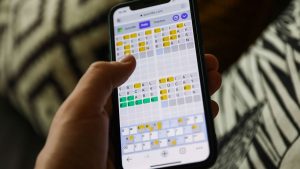




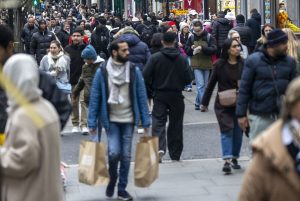




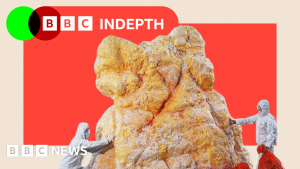
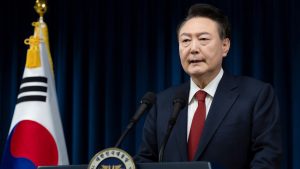
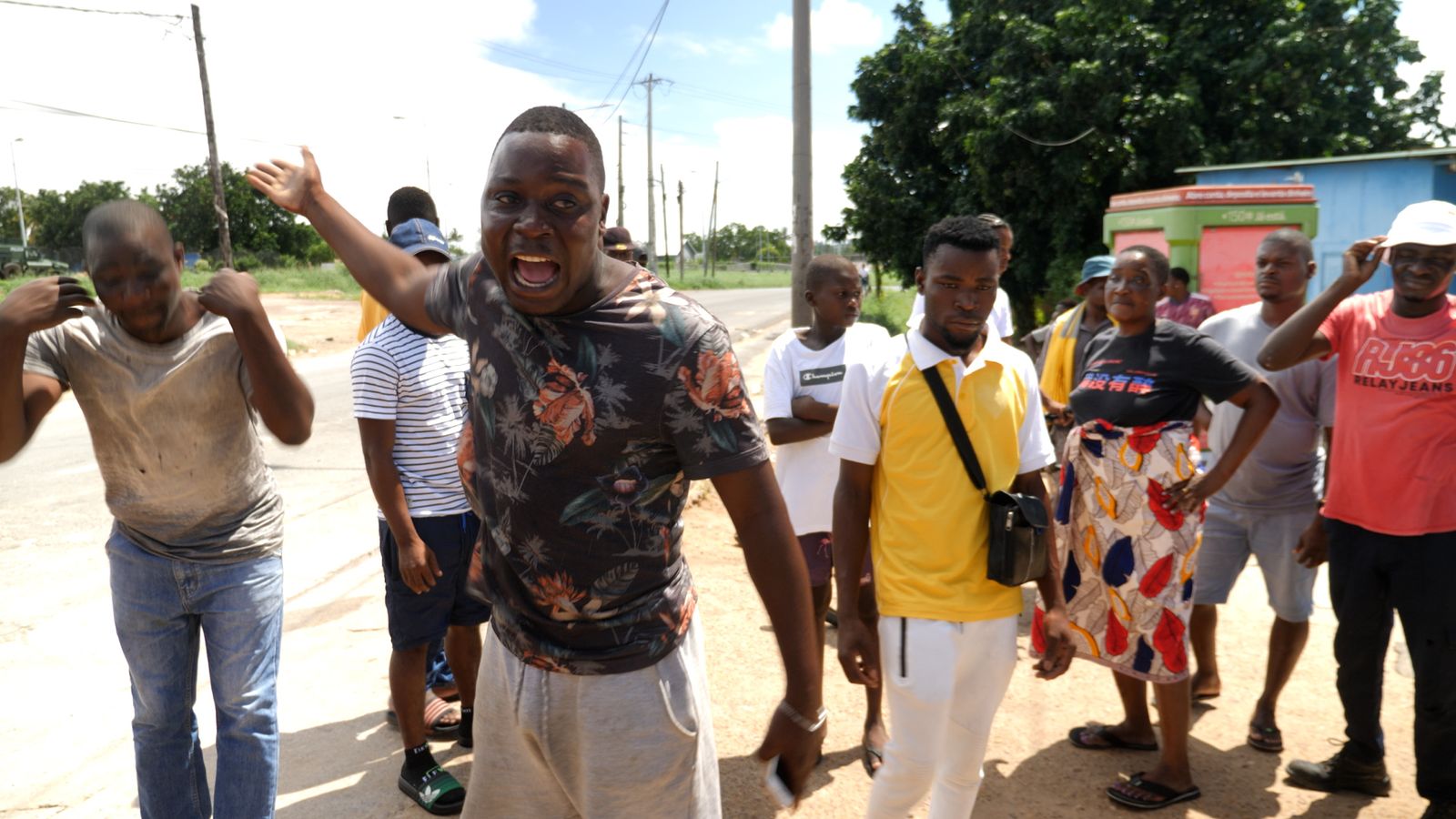









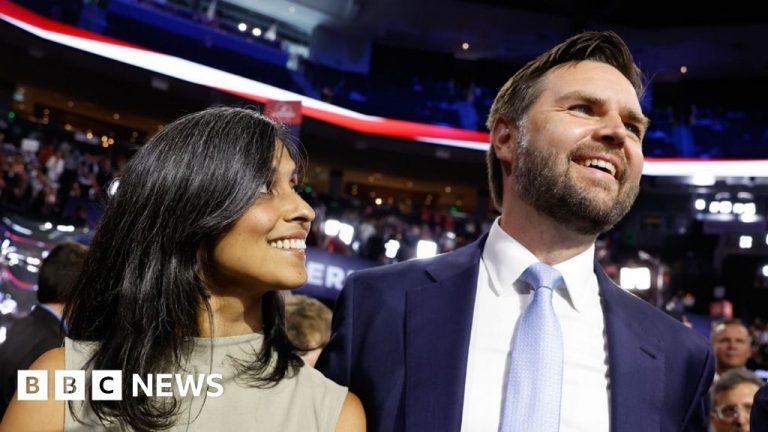
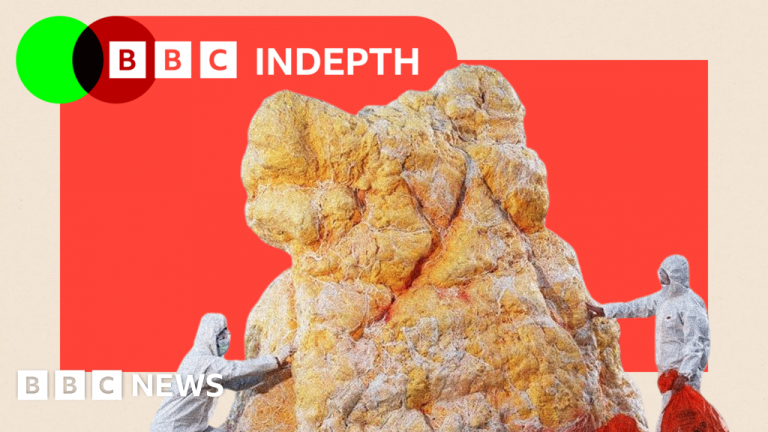
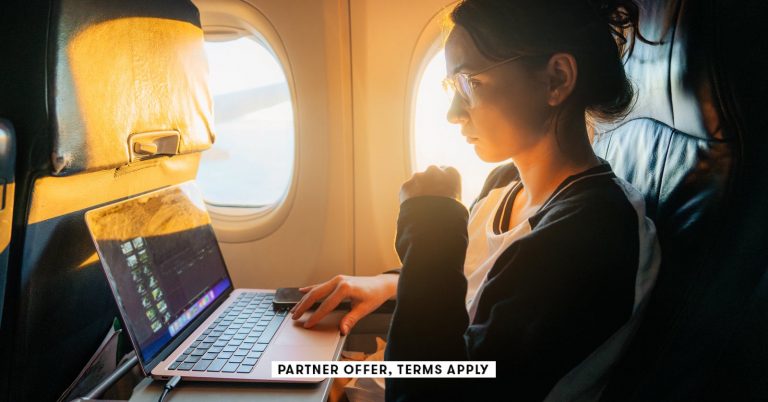
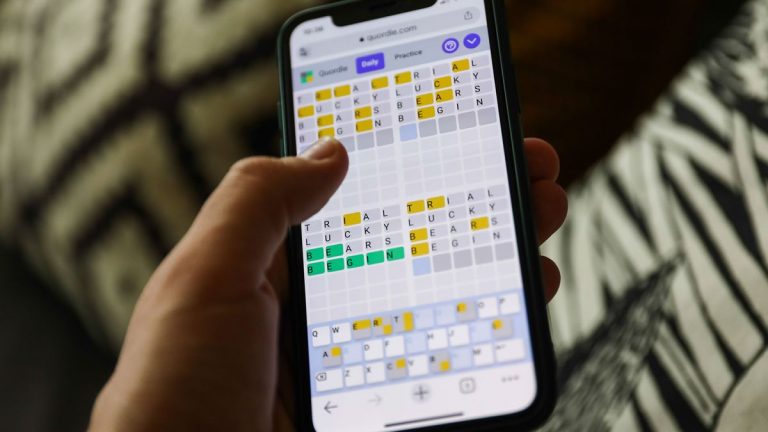


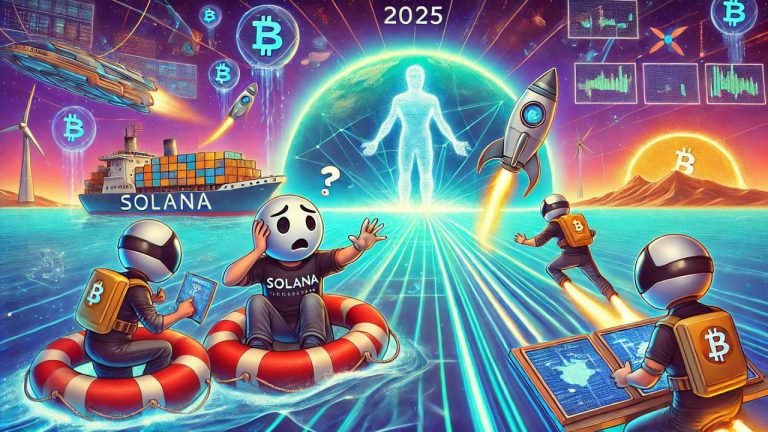
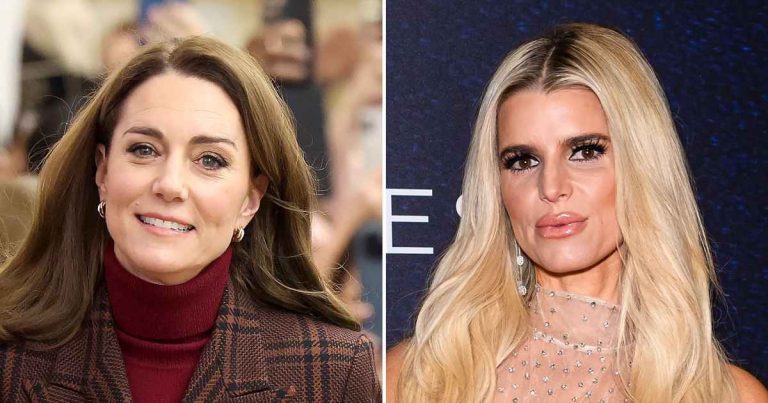
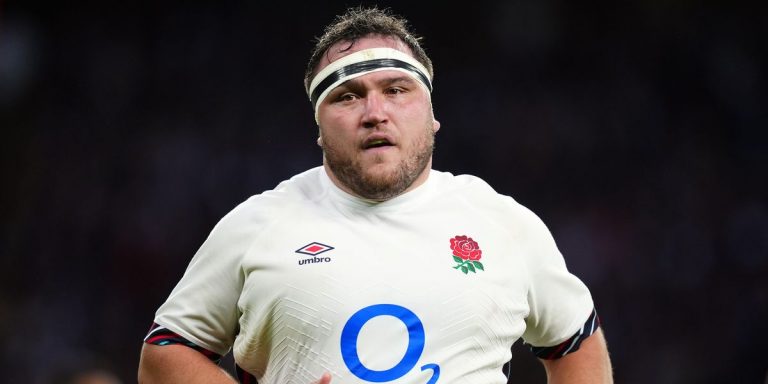
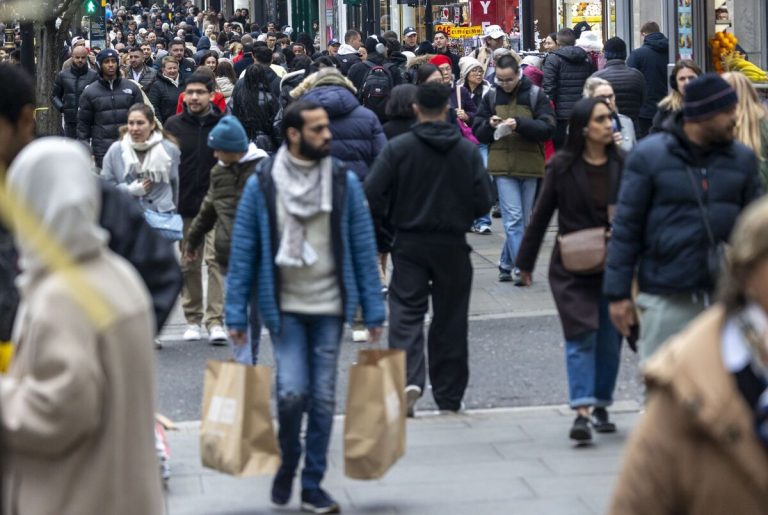
+ There are no comments
Add yours